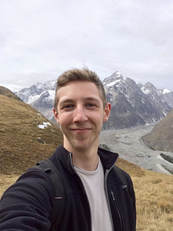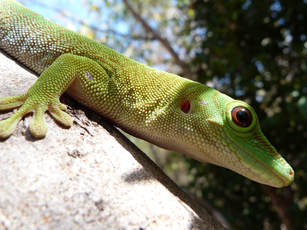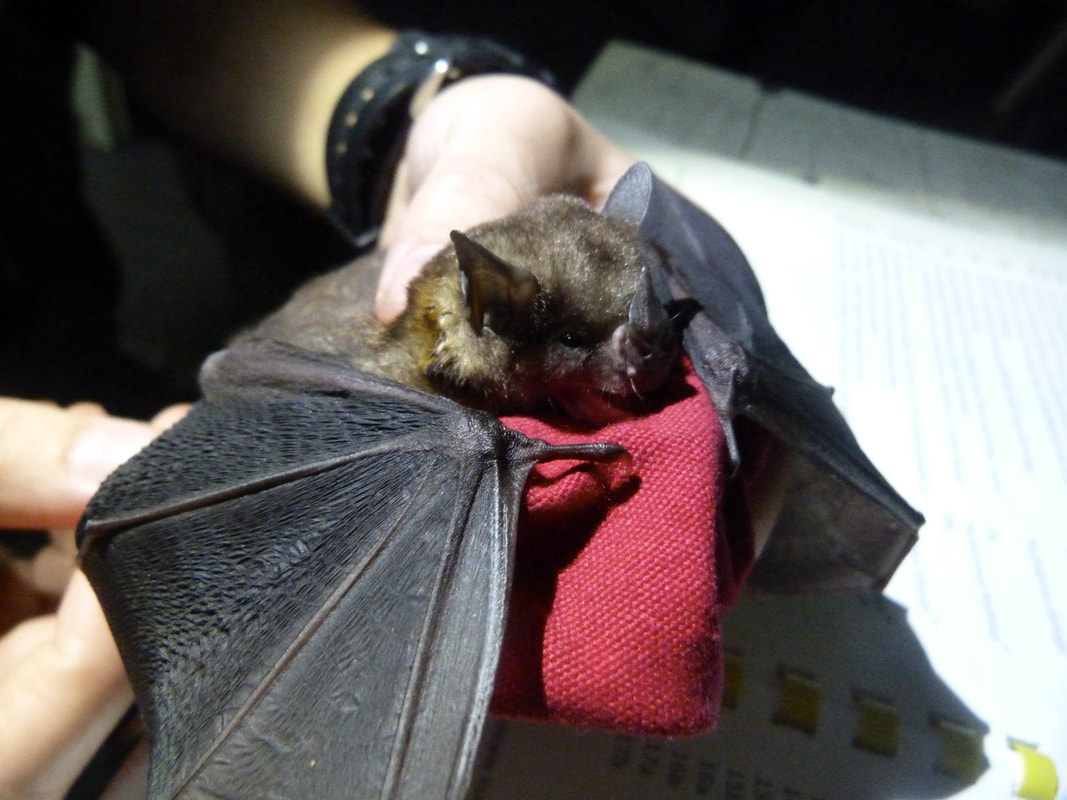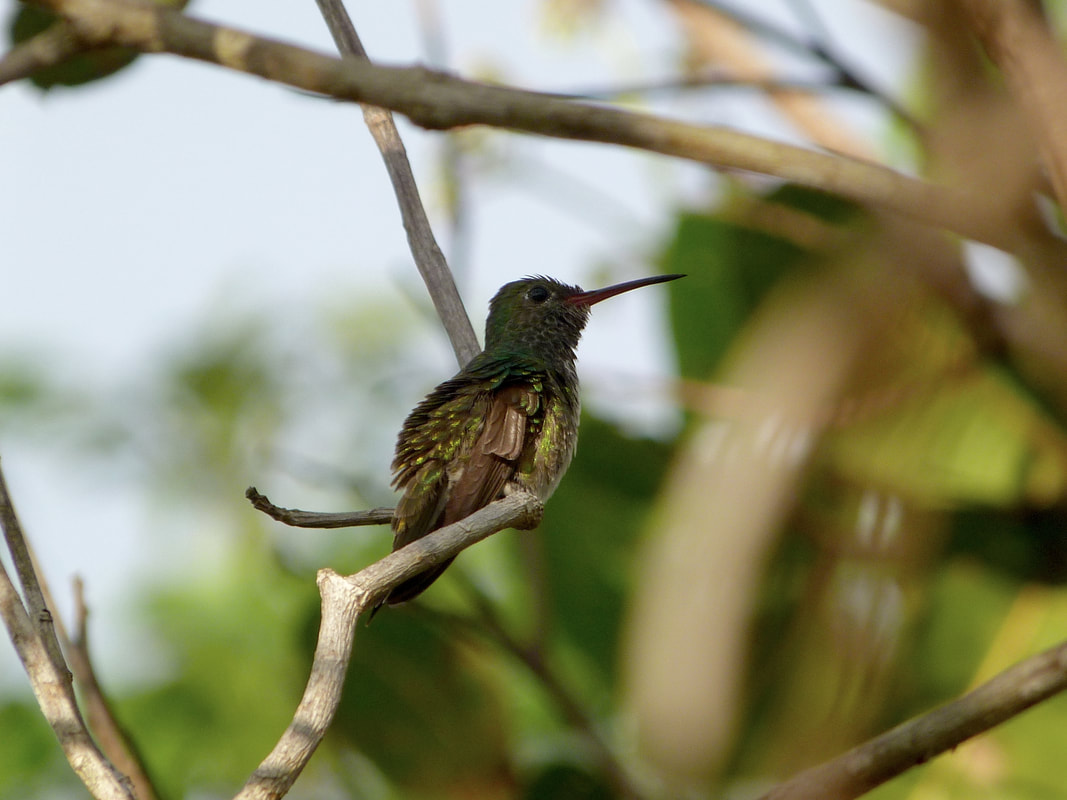
Mark Titley
I’m interested in understanding how the natural world responds to pressures from human activity – in particular, the intensifying threats posed by land use and climate change. My current research aims to anticipate future changes to global biodiversity, and understand how we can use this knowledge to inform policy and prioritise the conservation actions that will be most effective preventing biodiversity loss. My PhD research, in collaboration with BirdLife International, uses species distribution models (SDMs) to simulate how climate change may affect the global distributions of mammals and birds. I’m interested in how climate change impacts on nature are distributed across the globe and why; how dispersal constraints and habitat connectivity affect species’ abilities to adapt to climate change; how political borders and other sociopolitical considerations present challenges or opportunities for conservation; and how the global protected area network can help safeguard species on the move. Prior to Durham, I studied at Cambridge where I investigated the effects of selective logging on neotropical rainforest biodiversity and highlighted under-represented regions and animal groups in biodiversity research. Following this I interned at the United Nations Environment Programme World Conservation Monitoring Centre where I worked on the World Database on Protected Areas, and contributed to a project investigating the effect of protected area establishment on biodiversity. I then studied for a research master’s degree at Imperial College London, working with the PREDICTS project at the Natural History Museum, where I focused on the temporal response of biodiversity to deforestation. Position: PhD Student in the Department of Biosciences
Supervised by: Prof. Stephen Willis, Dr. Philip Stephens, Dr. Stuart Butchart (University of Cambridge; Birdlife International), Prof. Mark Whittingham (Newcastle University) Memberships: British Ecological Society (BES) Contact details: Department of Biosciences, Durham University, South Road, Durham, DH1 3LE Email: [email protected] Tel: 0191 3341266 |
Education
2017 - Present PhD Biosciences, Durham University
2016 - 2017 MRes Ecosystem and Environmental Change, Imperial College London
2013 - 2016 BA Natural Sciences (Zoology), University of Cambridge
2017 - Present PhD Biosciences, Durham University
2016 - 2017 MRes Ecosystem and Environmental Change, Imperial College London
2013 - 2016 BA Natural Sciences (Zoology), University of Cambridge
Selected Awards
NERC DTP Studentship with Birdlife International CASE Partnership, 2017
NERC DTP Studentship with Birdlife International CASE Partnership, 2017
Publications
Titley, M.A., Butchart, S.H.M., Jones, V.R., Whittingham, M.J., Willis, S.G., (2021) Global inequities and political borders challenge nature conservation under climate change, PNAS , 118 (7) e2011204118; DOI: 10.1073/pnas.2011204118
Titley, M.A., Snaddon, J.L., Turner, E.C. (2017) Scientific research on animal biodiversity is systematically biased towards vertebrates and temperate regions. PLOS ONE 12(12): e0189577. https://doi.org/10.1371/journal.pone.0189577
Titley, M.A., Butchart, S.H.M., Jones, V.R., Whittingham, M.J., Willis, S.G., (2021) Global inequities and political borders challenge nature conservation under climate change, PNAS , 118 (7) e2011204118; DOI: 10.1073/pnas.2011204118
Titley, M.A., Snaddon, J.L., Turner, E.C. (2017) Scientific research on animal biodiversity is systematically biased towards vertebrates and temperate regions. PLOS ONE 12(12): e0189577. https://doi.org/10.1371/journal.pone.0189577



